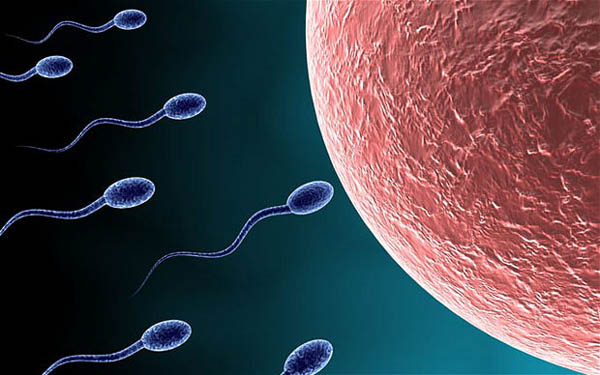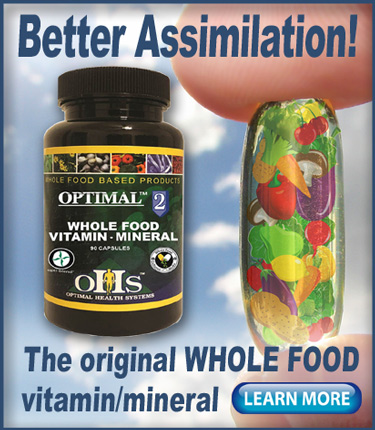Men who ate about two ounces (60 grams) of nuts daily for 14 weeks improved their sperm count and had more viable “swimmers,” according to a new study from Spain.
The research brings welcome news since other researchers have repeatedly demonstrated declines in sperm counts across the western world.
The sperm count decline has been linked to a myriad of factors including pollution, chemical exposure, over-use of drugs, smoking and poor diet choices.
About one in seven couples have difficulty getting pregnant, and 40% to 50% of the cases of infertility are attributable to men.
Diet critical for improving sperm counts
Scientists performing the research said there was growing evidence a healthy diet could boost the odds of conceiving. Results of the new study on nuts only reinforces this thinking.
For the study scientists randomly divided 119 healthy men between the ages of 18 and 35 into two groups.
One group consumed a mix of almonds, hazelnuts and walnuts while the other group consumed no nuts.
At the end of the 14-week test period, the following sperm improvements were observed in the “nut” group:
- sperm count improved by 14%
- vitality improved by 4%
- motility improved by 6%
- morphology (shape and size) improved by 1%
All of these are the parameters the World Health Organization lists as measurements of sperm quality and are associated with male fertility.
The nutrients that help most
So what are the magic nutrients nuts contain that cause such dramatic improvements?
Researchers stated that a diet rich in omega-3 fatty acids, antioxidants and B vitamins improved fertility.
All nuts contain these nutrients in varying amounts.
“Evidence is accumulating in the literature that healthy lifestyle changes such as following a healthy dietary pattern might help conception,” said Dr Albert Salas-Huetos, from the Universitat Rovira i Virgili in Spain, who led the study.
For quality supplements that contain these proven “sperm building” nutrients, consider these quality products from Optimal Health Systems:
Optimal EFA for omega-3 fatty acids.
Whole Food Vitamin/Mineral for B vitamins.
Fruit & Veggie Plus for an antioxidant boost.
– – –
Sources: World Health Organization, Universitat Rovira i Virgili, BBC Health


